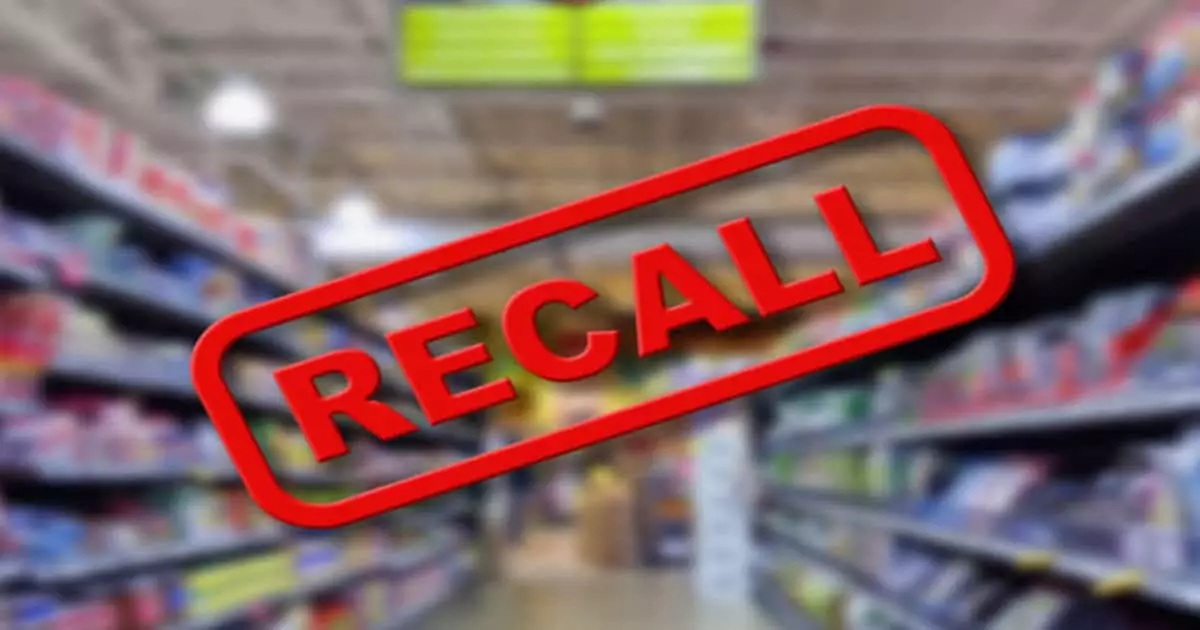The safety of pet food is a critical aspect of responsible pet ownership and public health. Recent incidents highlight the vulnerabilities in the production and distribution of pet food, casting light on the measures that both companies and consumers must take to mitigate risks. A notable case is the recall issued by Blue Ridge Beef for their Kitten Mix, underscoring the potential dangers posed by Salmonella contamination in pet products.
The Recall: Context and Details
On January 3, 2025, Blue Ridge Beef announced a voluntary recall of 1,350 pounds of their 2 lb Kitten Mix, specifically Lot N25-0716, due to Salmonella contamination. This recall is significant, not only for the volume of potentially infected product but because it raises broader issues regarding food safety standards in the pet food industry. The recall was triggered by consumer complaints of animal illness, leading to testing conducted by state health laboratories that confirmed the presence of bacteria.
Salmonella, a pathogen commonly associated with foodborne illnesses, has far-reaching implications for both pets and humans. The danger of transmission extends beyond just the pet consuming the contaminated food; humans and other animals are at risk, particularly if hygiene precautions are not strictly followed. Symptoms in humans can range from mild gastrointestinal distress to much more severe conditions, leading to serious health complications in vulnerable populations.
The Broader Implications of Salmonella in Pet Products
Salmonella infections can result in a spectrum of health issues. While healthy individuals may experience symptoms like nausea, vomiting, and abdominal pain, more severe cases can lead to conditions such as endocarditis and arthritis. Pets, too, are prone to a range of symptoms, including lethargy, diarrhea (which may be bloody), and vomiting. Infected pets can also serve as carriers, posing risks to other animals and humans within the household. The interconnectedness of both human and pet health highlights a significant aspect of food safety that transcends the boundaries of species.
The potential for cross-contamination emphasizes the need for heightened vigilance among pet owners. This entails not just being informed about recalls but also understanding the necessity of proper hand hygiene and sanitation of food preparation areas. The FDA advises consumers to wash their hands thoroughly after interacting with any potentially contaminated products, a simple yet often overlooked practice.
In response to this recall, consumers who have purchased the impacted lot are encouraged to take immediate action. This includes returning the product to the retailer or disposing of it in a manner that prevents access by children or wildlife. These precautions are critical in the recall process to ensure that no further harm comes from the contaminated product.
Moreover, the incident is a stark reminder of the importance of communication between pet food manufacturers and consumers. Companies must not only act swiftly regarding recalls but also provide clear and accessible guidance on what consumers should do next. In this case, Blue Ridge Beef included contact information for inquiries, emphasizing the need for transparency.
The FDA’s involvement in this recall serves as a crucial check in the system designed to protect public health. Their role is not only to enforce regulations but also to provide a platform for disseminating information about potential risks associated with food products. However, it is essential to recognize that the effectiveness of these regulations relies heavily on consumer awareness and engagement.
Public service announcements via the FDA are vital in elevating awareness around product recalls. Still, consumers must take proactive steps to stay informed—regularly checking for updates, understanding the recall processes, and following recommended health guidelines constitute collective responsibility in safeguarding public health.
The Blue Ridge Beef recall serves as a cautionary tale demonstrating the importance of vigilance in pet food safety. Better consumer knowledge and proactive measures can significantly minimize the risks associated with contaminated pet products. As responsible pet owners, it is imperative to remain informed, adhere to safety guidelines, and act decisively during recalls to protect the health of our beloved pets and ourselves.

